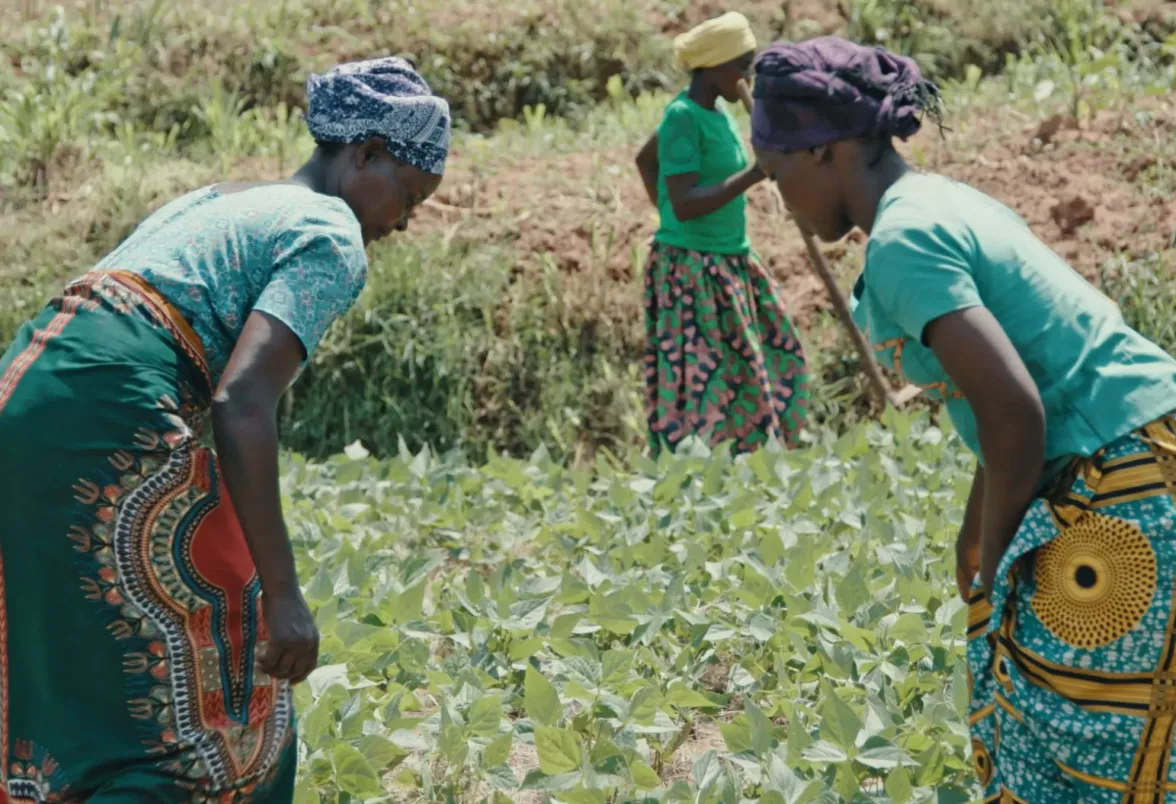
Rwanda shows that it is possible to reconcile after a genocide and sustain economic development, also boasting the world’s highest rate of female representation in parliament (61%).
Despite such achievements, however, women in Rwanda are still underrepresented in the formal labour market, and conditions are still highly challenging for them, especially in rural areas.
Emerence and Irene know this very well, as single moms who struggled for years to support their families.
But again, possibility shone through. Today, only two years after joining the Women for Women Rwanda and Julius Baer Foundation programme, Emerence leads a cooperative of women farmers growing French beans and chili for one of the biggest exporters in Rwanda, and, having started from a small strawberry field, Irene is now planning for a processing plant to diversify and scale her business.
Getting to this stage took not only entrepreneurial training to develop business, negotiation and communication skills, but also supportive networks and connections to potential sources of private and public capital via funding competitions with angel investors.
Today, there are almost 1,500 female micro-entrepreneurs like Irene and Emerence, and established entrepreneurs collaborating and growing together to empower each other and grow a stronger and more prosperous Rwanda.
Watch the video to see how this is possible and follow this link to learn more about the project.

About Women for Women Rwanda

See how Women for Women Rwanda and the Julius Baer Foundation tackle wealth inequality in Rwanda, improving the personal and economic wellbeing of women micro-entrepreneurs through upskilling and collaboration across the wealth pyramid.
